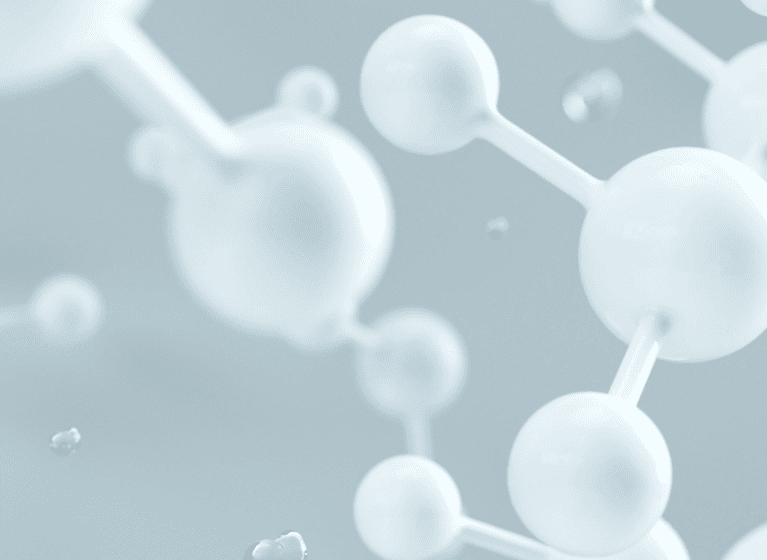Two interesting trends are occurring in the international cosmetics market which, at first glance, seem to be in conflict. The first trend is the expansion of the natural and organic cosmetic products market. The second is an increase in patent activity in the cosmetics sector.
Irrespective of your position in the natural vs synthetic cosmetics debate, it is clear to everyone that natural and organic cosmetic products are big business and have an expanding customer base.
While this market shift towards natural products is occurring, businesses in several key technology sectors are increasingly recognising the value of their intellectual property, becoming more patent savvy and actively managing and valuing an intellectual property portfolio. This increase in patent activity is occurring in the cosmetics sector. In 2009, the cosmetics industry accounted for 10% of all patents granted in the European Union.1 The Geneva based Union for Ethical BioTrade review of patent activity in the cosmetics sector analysed the increase in cosmetic patenting worldwide.2 The data in that report showed the Australia Patent Office ranked 11th based on the number of published patent applications for ingredients or extracts for cosmetics or perfumes, with numbers behind countries such as the United States, Japan, Europe, France, Germany, the United Kingdom, Italy, Korea and Switzerland. The report also showed that while cosmetic patenting is not yet as big an industry as medical or biotechnology patenting, there is greater patent activity in the cosmetics sector than in either plant agriculture or herbal medicines and only slightly fewer cosmetic patents than patents in food technology.
These trends leave us with a movement towards natural cosmetic products and a movement towards better intellectual property protection. This raises a question: “Can you patent something that is natural?”
Can you patent something that is natural?
Most people are intuitively aware that something naturally occurring and in its natural state is not an invention and should not be patentable. In accordance with this common sense, the law will not allow a patent for something natural in its natural state. This takes us to a second question: If a natural ingredient itself cannot be protected, how do businesses protect their breakthrough natural or organic products? Clearly, it would be unfair for a new synthetic product to be protected by intellectual property, when an equally valuable and scientifically impressive development in natural cosmetics was not protected by the law. The solution is in the type of patent sought. The two most common ways to gain the desired protection for a natural or organic product are:
- to patent the use of the natural or organic cosmetic; and
- to patent the formulation of the natural or organic cosmetic.
Protecting the use of your natural or organic cosmetic
The effective use of this strategy can be illustrated by an example. In 1998 L’Oreal filed a patent to protect an extract of the genus chrysanthemum (Australian patent number 739954). The extract was found to be useful in improving pigmentation ie as a tanning agent. The chrysanthemum plant was not patented because it is naturally occurring and not an invention. Had L’Oreal made an invention? The Patent Office determined there had been an invention and granted a patent to L’Oreal. So what was the invention? L’Oreal had discovered that their plant extract had an activatory effect on melanogenesis. Use of the L’Oreal extract to assist pigmentation of the skin or hair appeared new and inventive based on the information before the Patent Office so L’Oreal was granted a patent for use of their extract to increase pigmentation of skin or hair.
This ‘use’ patent is different to a patent for the extract itself but still covered every commercially important cosmetic application of L’Oreal’s invention.
Protecting the formulation of your natural or organic cosmetic by patenting
Formulation patents are valuable in the natural and organic cosmetics industry. A formulation as a whole is not naturally occurring so it can be an invention. The formulation patent could be for a natural extract in a synthetic formulation or for an entirely natural or organic formulation. The invention to be protected could be the idea of formulating your new natural ingredient or extract into a cosmetic formulation or it could be about making the formulation more stable or more effective than previous formulations.
Preparing a formulation patent has additional challenges. Narrow formulation patents for the exact formulation of the cosmetic are often easy to design around and not very valuable to the patent holder. If you are considering a formulation patent, make sure you work with your patent attorney to ensure you have the data to support a broad or strategic formulation patent that cannot be avoided by a simple tweak to the formulation and therefore effectively protects you. That said, a properly prepared formulation patent can provide very comprehensive protection for your valuable natural or organic cosmetic.
Are people really filing patents for natural ingredients in cosmetics?
The data collected by the Union for Ethical BioTrade showed that patents for natural ingredients or extracts accounted for 49% of cosmetic patents filed between 1990 and 2009. This data accords with my personal experience in pursuing patents for products that are sold as certified organic and patents for the cosmetic use of many extracts from beans, seeds or plants. Not only are cosmetic patent filers patenting their natural ingredients but these patents are proving so valuable that they are the largest category of patents in the sector.
What should I remember?
When developing a new natural or organic cosmetic, remember that:
- you may be entitled to patent protection;
- the cosmetics industry considers patents for natural ingredients and extracts to be valuable; and
- patenting for natural or organic cosmetics can be tricky so it is best to use a patent attorney with significant experience in cosmetic patenting.
1 Colipa, the European Cosmetics Association, 2010. Science, beauty and care: innovating for a sustainable future. Activity Report. www.cosmeticseurope.eu/publications-cosmetics-europe-association.
2 UEBT, 2010. A review of patent activity in the cosmetics sector in the context of the ethical sourcing of biodiversity. Information note 1 of 4: Trends in patent activity in the cosmetics and perfume sectors.






